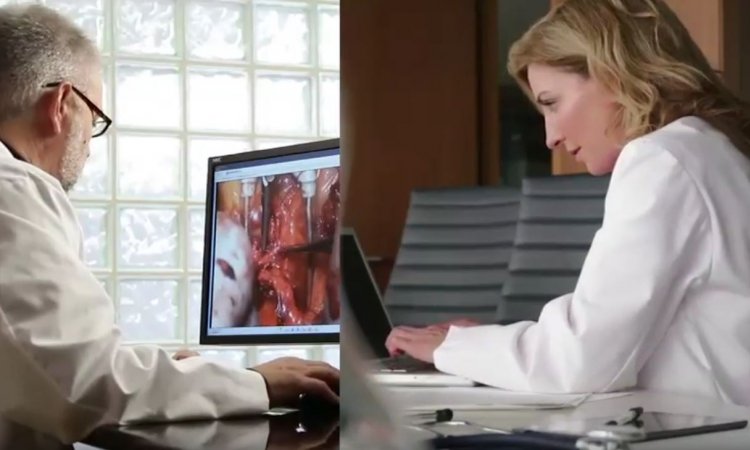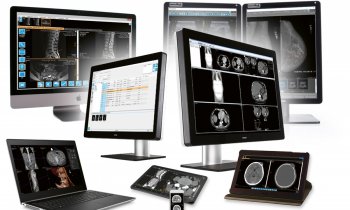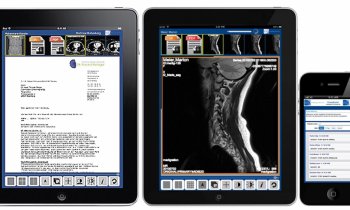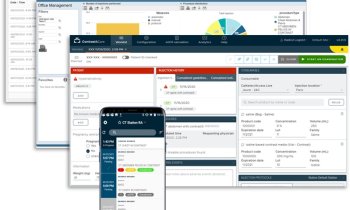Hospitals cannot survive without IT
Study examines the benefits and shortcomings of the use of IT in healthcare
A study carried out this year by the VHitG e.V. (a German association of IT solutions providers for healthcare) produced the first complete market analysis of systems installed in hospitals, along with an evaluation of the use of IT through the subjective appraisals of the users. The objective of the standardised online questionnaire, in which 480 people participated, was to determine the trends, focus and requirements of users.
Based on a differentiated evaluation of IT used in the hospital from the perspective of three important groups of decision makers (106 commercial, 167 medical and 206 IT leaders) the potentials, requirements and obstacles in IT use, from users’ viewpoints, were examined. Additionally, the future requirements for IT leaders were investigated.
The study results show that users viewed the IT contribution as essentially positive. In fact, it is considered so valuable that the topic of IT is typically not just approached purely from a cost perspective. Moreover, there is agreement that hospitals cannot survive without IT. To the contrary, the IT and medical decision makers agree that, to realise new and profitable business models for their hospitals, IT is necessary. In this context they criticise the lack of networking facilities with the outside world and the insufficient provision of software training. The biggest potential for IT use is considered to be immediate data availability. Further opportunities are seen in particular in knowledge-based systems, the transparency of the invoicing and accounting structure and support for management decisions. As yet there is little evidence of IT use to optimise processes in clinical systems and in the implementation of new business processes.
Another, major insight from the study concerns the role of the head of IT, which is due to undergo major change. The IT head of the future will soon contribute to an organisation’s financial results; be involved in the hospital’s strategy and will need to gain knowledge of clinical processes to optimise comprehensively the hospital processes.
From the association’s point of view, among the essential conclusions in the published results is the high IT contribution to workflow support, set against the background of a low distribution of these workflow systems, which was clearly evident. This demonstrates an important potential to increase the IT contribution significantly. On the other hand, a lack of interfaces is seen as an obstacle. The association sees potential here not only in education for end users, but also in the support of integration and standardisation.
The investigation looked at VHitG member companies, whose products are used in 90% of German hospitals, and specifically at the number of IT solutions installed in 2007 in all 2,093 German hospitals.
Based on the differentiation of IT solutions installed in 45 segments, the study shows that most hospitals use solutions from different suppliers, and the HIS is not the only system they use. The study also investigates whether the software had been developed by the providers themselves, or whether they had merely installed third party products, or whether they were just the retailer. For quality assurance, the VHitG study was monitored by two independent organisations: Munich Technical University and Consultic Marketing & Industrieberatung GmbH.
The ‘usability’ obstacle raises several questions because this subject includes a broad range of technical and ergonomic aspects. Thus VHitG is considering a follow-up study in 2009, in which the focus on usability will increase.
20.12.2008











